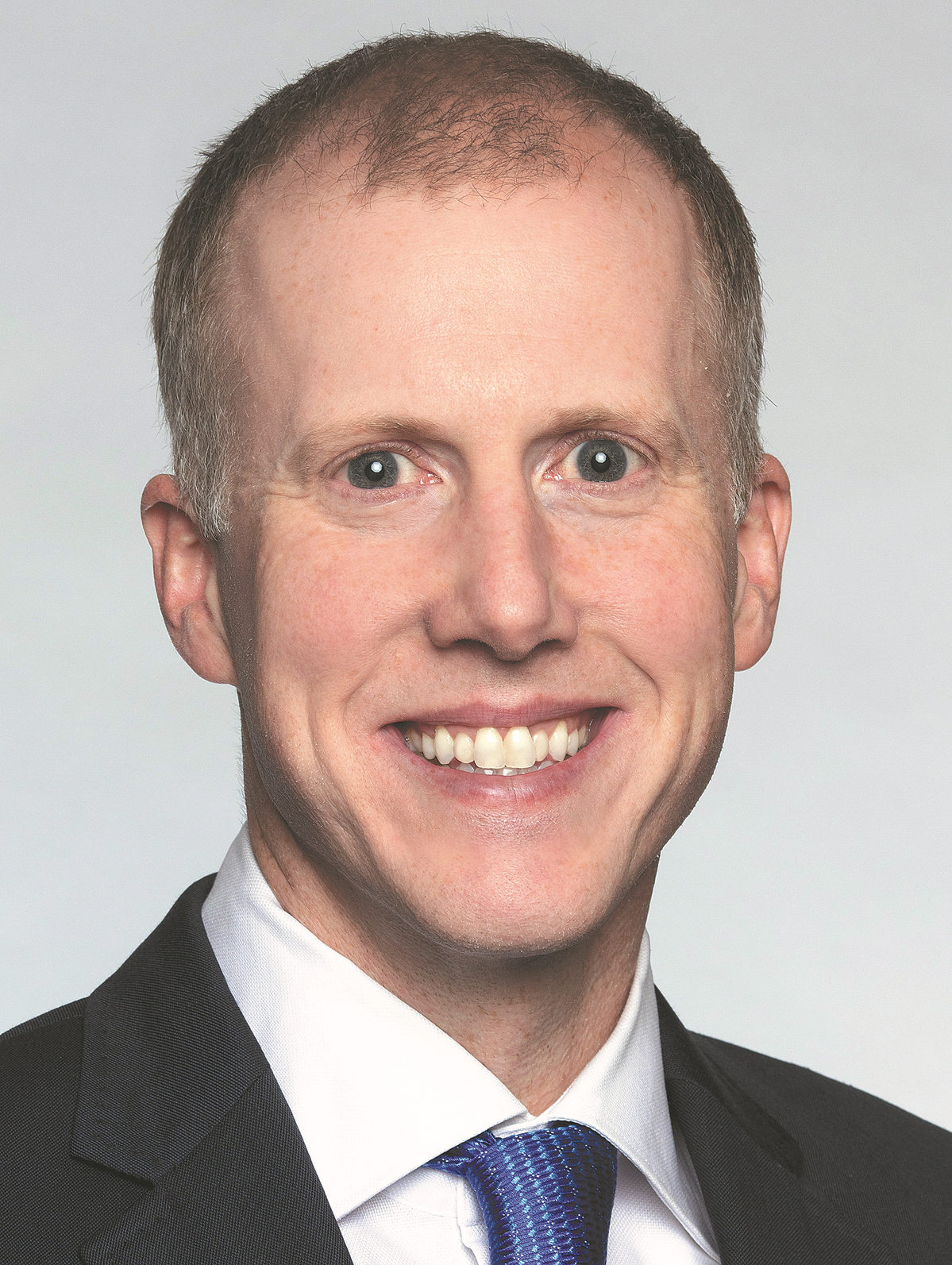US medical tech company BD sees 'no end' to expanding biz, innovation in Chinese market

US-based global medical technology company BD is expected to enhance its robust portfolio and keep bringing innovations to China with around 20 new launches each year over the coming years, said the company's top executive.
"The significant number of innovations that we see coming to China today is expected to continue for the foreseeable future, and I have no end in sight," said Tom Polen, chairman, CEO and president of BD, in an exclusive interview with China Daily during his trip to the country on Tuesday.
"We take all of the innovations from inside that we develop and the innovations that we acquire. And we look at expanding those here in China and have been doing that on an accelerated basis lately," said Polen.
He said that the company, which is dedicated to improving medical discoveries, diagnostics and the delivery of care, has the most exciting innovation pipeline in history, invests over $1 billion in R&D per year, and has acquired 19 companies over the past three years.
One of the major products by the company expected to be marketed in China soon is an automated system to screen individuals for cervical cancer, one of the most common cancers in women, at an earlier stage.
It can not only detect HPV, a virus that causes the cancer, but also tell the strain of the virus and how likely the strain is to progress to cancer.
"So, women can make sure that she's getting the right care with her clinician and being followed appropriately, and that if cancer develops, it can be detected very early and treated timely to prevent it from further progression," said Polen.
Also, the company, which achieved double-digit growth in China last year, will bring automation, artificial intelligence and robotics, in which aspects the company has about 2,500 data scientists and software engineers, into Chinese hospitals at a higher rate, he said.
Over 100 leading hospitals, and pediatric hospitals in particular, in the country, have already deployed the company's automated platforms to work in different scenarios, including giving efficient and accurate testing results, Polen said.
James Deng, BD global senior vice-president and BD Greater China region general manager, cited the example of the Children's Hospital of Nanjing Medical University in Jiangsu province, which has replaced its 16 pharmacists working in the pharmacy with the company's automated platform.
He said it used to be crowded as parents had to line up to wait for their medicines while children were crying. But now, as medicine distribution becomes more efficient, families just come and pick up the medicines and children have their needs met much faster.
"Now only three pharmacists work there, leaving all the others to work with doctors on clinical diagnosis and monitoring in the ICU (intensive care unit) and operating rooms. Both pharmacists' job satisfaction and hospital service quality are improved," Deng said.
One of the focuses of the BD Greater China Innovation Center, which was unveiled in Hangzhou, Zhejiang province, on Wednesday, will be on the digital side as well, said Polen.
Together with the company's innovative design center and multifunctional laboratory in Shanghai and laboratory project center in Suzhou, Jiangsu province, all the facilities will work together to further empower BD and its partners' R&D capability and accelerate localized innovation, he said.
Following hundreds of millions of dollars of investment in China over the years, a new plant in Yixing, Jiangsu, the company's third in China, is scheduled to start production next year. Polen said the new plant is a several hundred million dollar investment.
"Such significant investments in China show our confidence in continuing to deliver strong growth in the market with expanding needs of patients," he said.
Global consultancy Frost & Sullivan said the size of the Chinese healthcare market is growing at a compound annual growth rate of 9.6 percent and is expected to reach nearly 3 trillion yuan ($416 billion) in 2030.
Invest in China Copyright © 2026 China Daily All rights Reserved
京ICP备13028878号-6
 京公网安备 11010502032503号
京公网安备 11010502032503号





